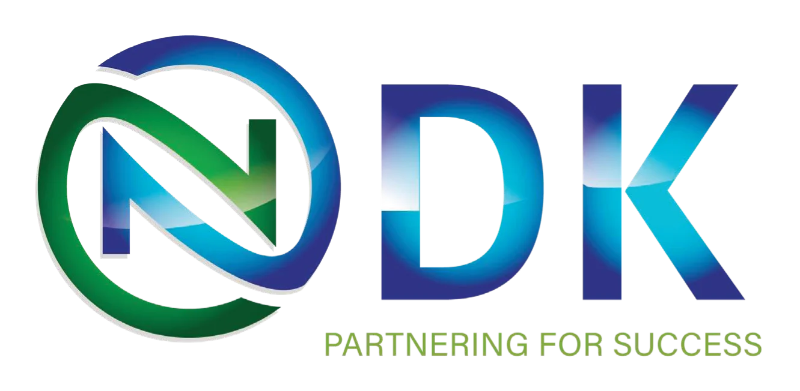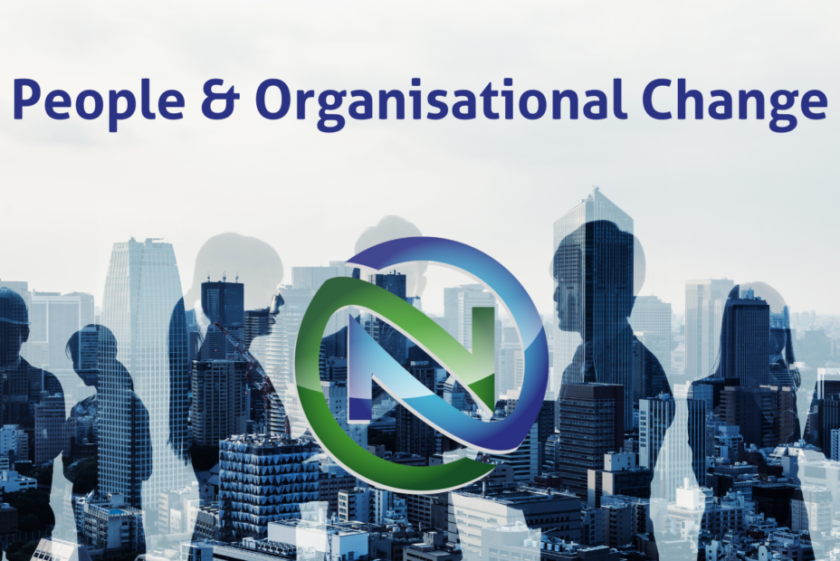Change management refers to the systematic approach and application of knowledge, tools, and resources to cope with change. It involves defining and taking on corporate strategies, structures, procedures, and technologies to manage changes in external and business environments. Efficient change management requires more than project management and technical tasks were undertaken to enact organisational changes and involves leading the “people side” of major change within an organisation. The primary goal of change management is to successfully implement new processes, products, and business strategies while minimising potential negative outcomes.
HR can assist major organisational changes by influencing the following:
- Improving employees’ understanding of change.
- Increasing communication between management and employees.
- Identifying and mitigating risks.
- Enhancing employee satisfaction.
- Boosting trust between management and employees.
- Improving employee skills and proficiency through change-related training initiatives.
Organisations can have a clear vision for changes and a technically and structurally sound foundation for making changes. Regardless of this, the initiatives can still struggle due to obstacles that may come up. Some common obstacles faced during major organisational change can include employee resistance and communication breakdown.
In order to help employees’ participation, HR should be involved in change planning from the onset. Effective communication promotes awareness and understanding of why the changes are necessary. Employers should communicate change-related information to employees in multiple forms (e.g., e-mails, meetings, training sessions, and press releases) and from multiple sources (e.g., executive management, HR, and other departments).
There are many forms in which you will see organisational change. These changes could focus on creating new systems and procedures; introducing new technologies; or adding and rebranding products and services. Other transformations come from appointing a new leader or major adjustments when it comes to staff. Other changes, such as downsizing or retrenchment, bankruptcy, mergers, and acquisitions, or the ending of a business operation, affect business sections or the entire company. Some changes are internal to the HR function.
It is vital for leaders of global change initiatives to consider these potential problems and plan to address them in advance. Leaders will be far more likely to avoid change-related problems; achieve their goals; and build business partnerships identified by mutual learning and higher-level business results.
Contact NDK today to learn more about how we could potentially be the partners you need. At NDK, we understand how key adaptation is, hence, we deliver customised client solutions.
We develop, improve and grow your business in partnership with you. NDK can also assist with Change Management Specialists.
Get in touch: info@ndkgroup.co.za

